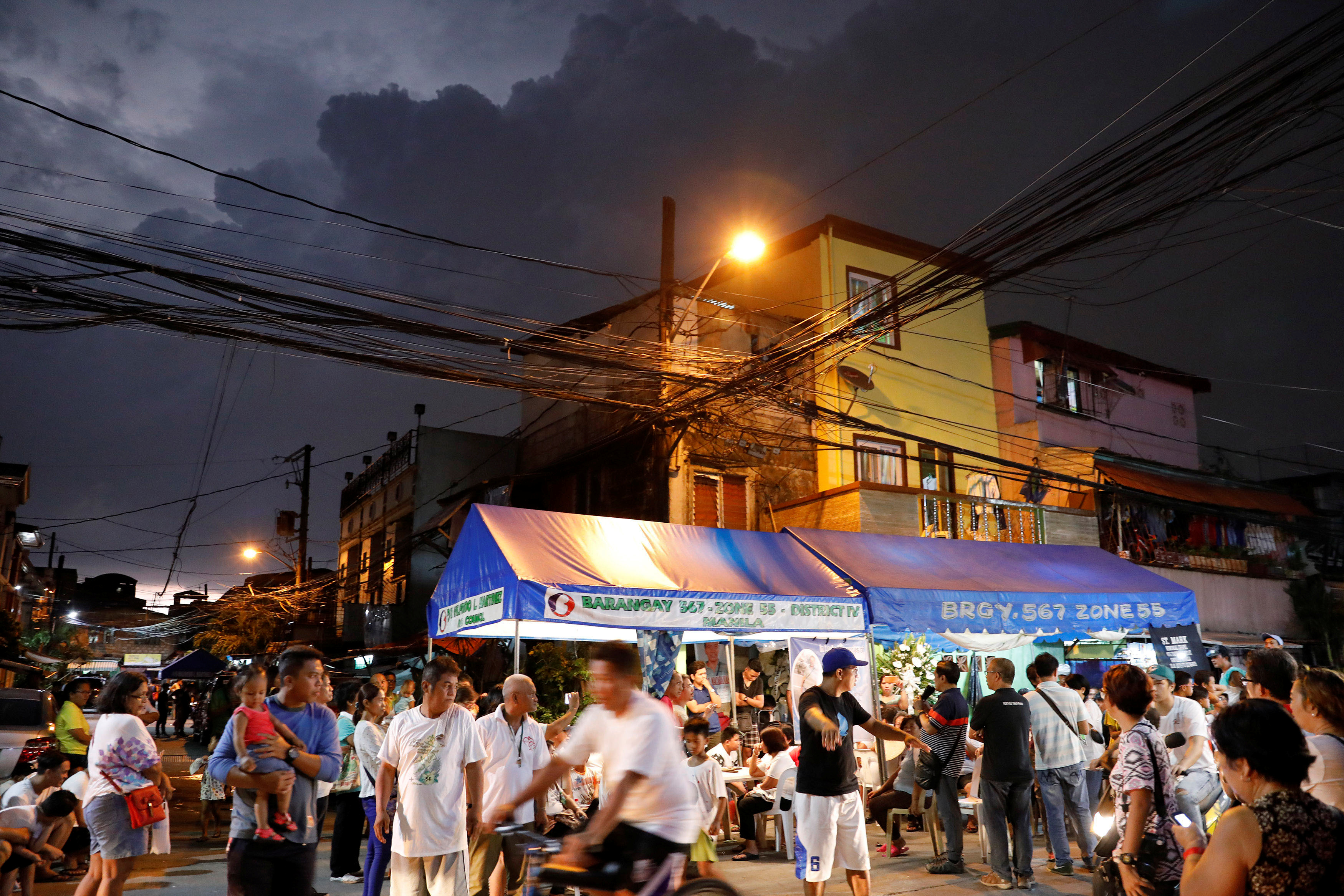
By Andrew Chung
WASHINGTON (Reuters) – The U.S. Supreme Court, which has avoided major gun cases for seven years, on Monday declined to hear a challenge backed by the National Rifle Association to Maryland’s 2013 state ban on assault weapons enacted after a Connecticut school massacre.
The court turned away an appeal by several Maryland residents, firearms dealers and the state NRA association, who argued that the ban violated their right to keep and bear arms under the U.S. Constitution’s Second Amendment.
The justices sidestepped the roiling national debate over the availability of military-style guns to the public.
The case focused on weapons that have become a recurring feature in U.S. mass shootings including the Nov. 5 attack at a Texas church that killed 26 people, the Oct. 1 attack at a Las Vegas concert that killed 58 people, and the 2012 massacre of 20 schoolchildren and six adults at Sandy Hook Elementary School in Newtown, Connecticut, which prompted Maryland’s law.
Assault weapons are popular among gun enthusiasts.
The challengers, who had sued Maryland’s governor and other officials in 2013, appealed a February ruling by the 4th U.S. Circuit Court of Appeals in Richmond, Virginia that upheld the state’s law. The 4th Circuit, ruling 10-4, said it had no power to extend constitutional protections to “weapons of war.”
Maryland’s ban outlaws “assault long guns,” mostly semi-automatic rifles such as the AR-15 and AK-47, as well as large-capacity magazines, which prevent the need for frequent reloading.
Backed by the influential NRA gun lobby, the plaintiffs said in a court filing that semi-automatic rifles are in common use and that law-abiding citizens should not be deprived of them.
“The sands are always shifting with the Supreme Court,” Democratic Maryland Attorney General Brian Frosh said. “I hope that this means they have reached a conclusion that they are not going to fiddle with assault weapons bans across the country.”
The Supreme Court last year left in place assault weapon bans in New York and Connecticut.
“It’s inexplicable to me that people would allow the use of assault weapons when they see the carnage that has been inflicted on innocent victims around the country,” Frosh added.
The NRA did not immediately respond to a request for comment.
FLORIDA CASE
The Supreme Court on Monday also declined to hear a second gun-related case in which a Florida man convicted of openly carrying a firearm on the street sought to challenge that state’s ban on such activity.
Defendant Dale Lee Norman, who had a permit to carry a concealed weapon, was convicted of openly carrying a handgun in 2012 near his home in Fort Pierce, Florida. In March of this year, the Florida Supreme Court rejected Norman’s challenge to the so-called open-carry ban, saying it did not violate his right to bear arms.
The U.S. Supreme Court issued important rulings in gun cases in 2008 and 2010 but has not taken up a major firearms case since. It has repeatedly refused to second guess lower court decisions upholding state and local restrictions on assault weapons, which filled a void after a federal ban on these firearms expired in 2004.
In a landmark 2008 ruling, the Supreme Court for the first time found that the Second Amendment protected an individual’s right to gun ownership under federal law, specifically to keep a handgun at home for self-defense. In 2010, the court found that right extended to state and local laws as well.
Since then, gun rights advocates have been probing how far those rights extend, including the types of guns and where they can be carried.
The 4th Circuit, in upholding Maryland’s law, noted the disproportionate use of semi-automatic assault rifles in mass shootings and said these weapons are like the military’s M-16 machine guns, which the Supreme Court in its 2008 ruling agreed may be banned. There was also little evidence that such guns are well-suited for self-defense, the 4th Circuit added.
The National Rifle Association criticized the 4th Circuit for finding that “the Second Amendment provides absolutely zero protection to the most popular long guns in the country and standard-capacity ammunition magazines that number in the tens of millions.”
(Reporting by Andrew Chung; Additional reporting by Lawrence Hurley; Editing by Will Dunham)





